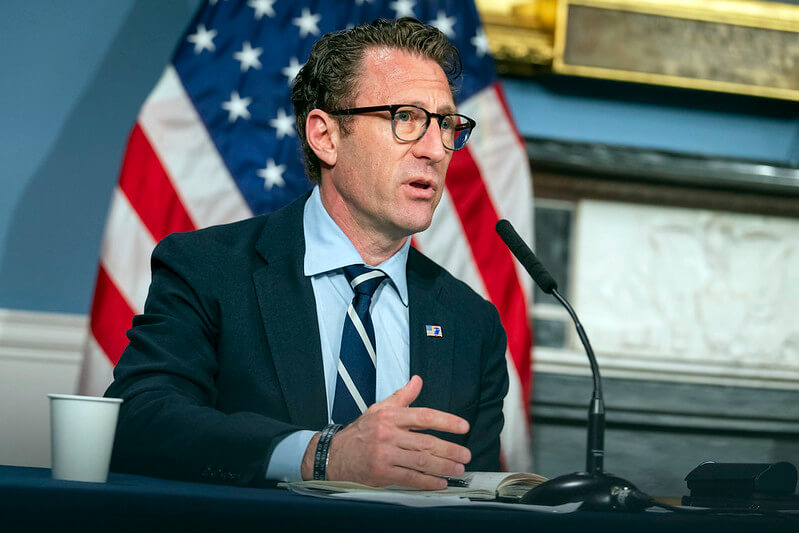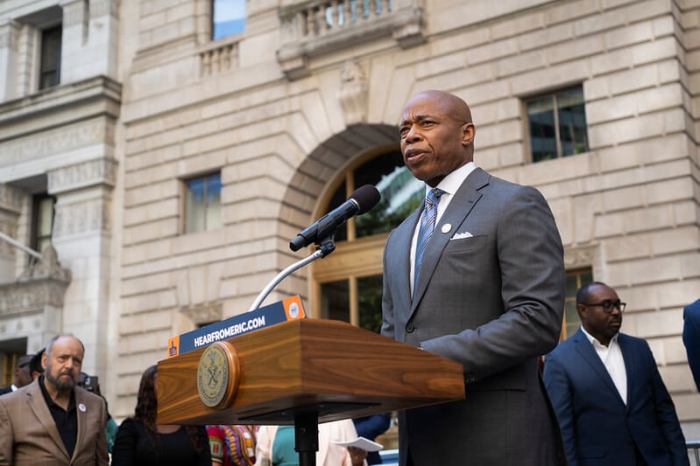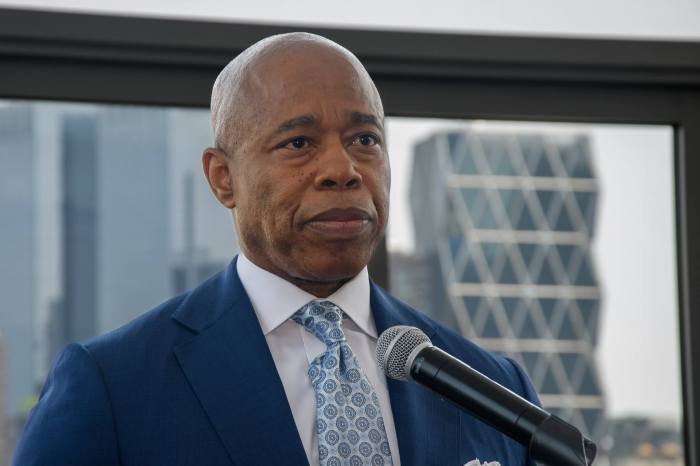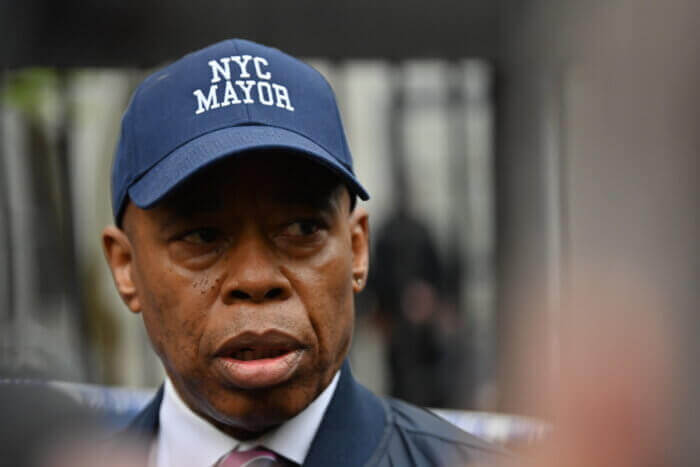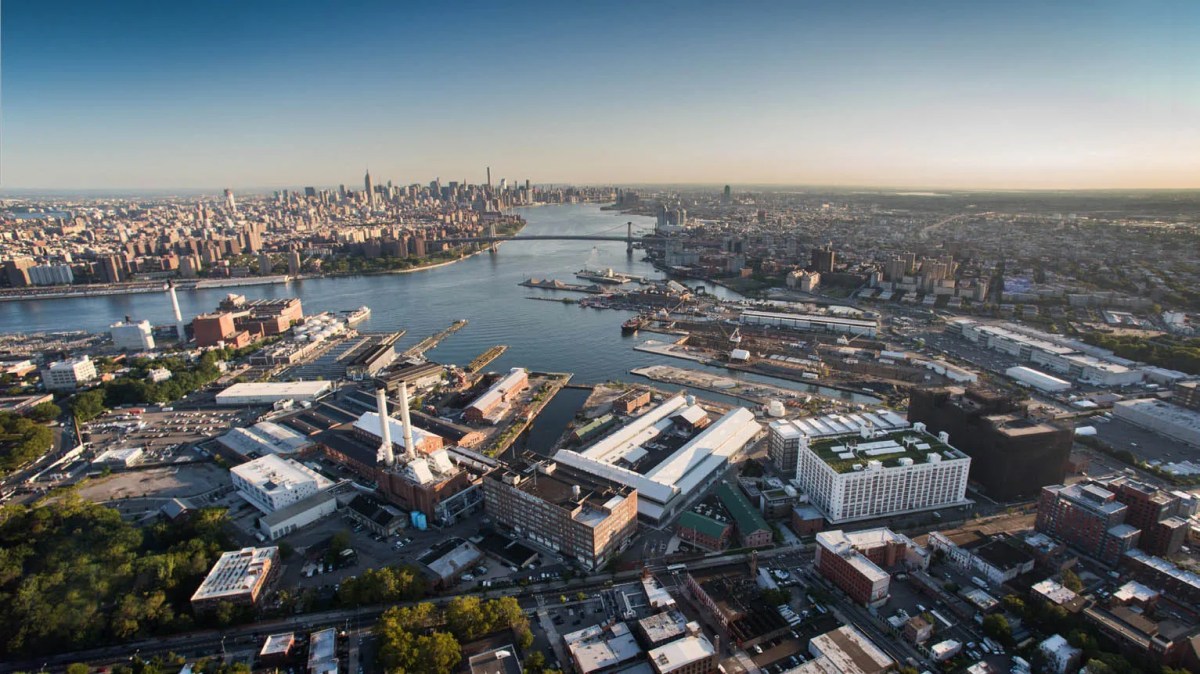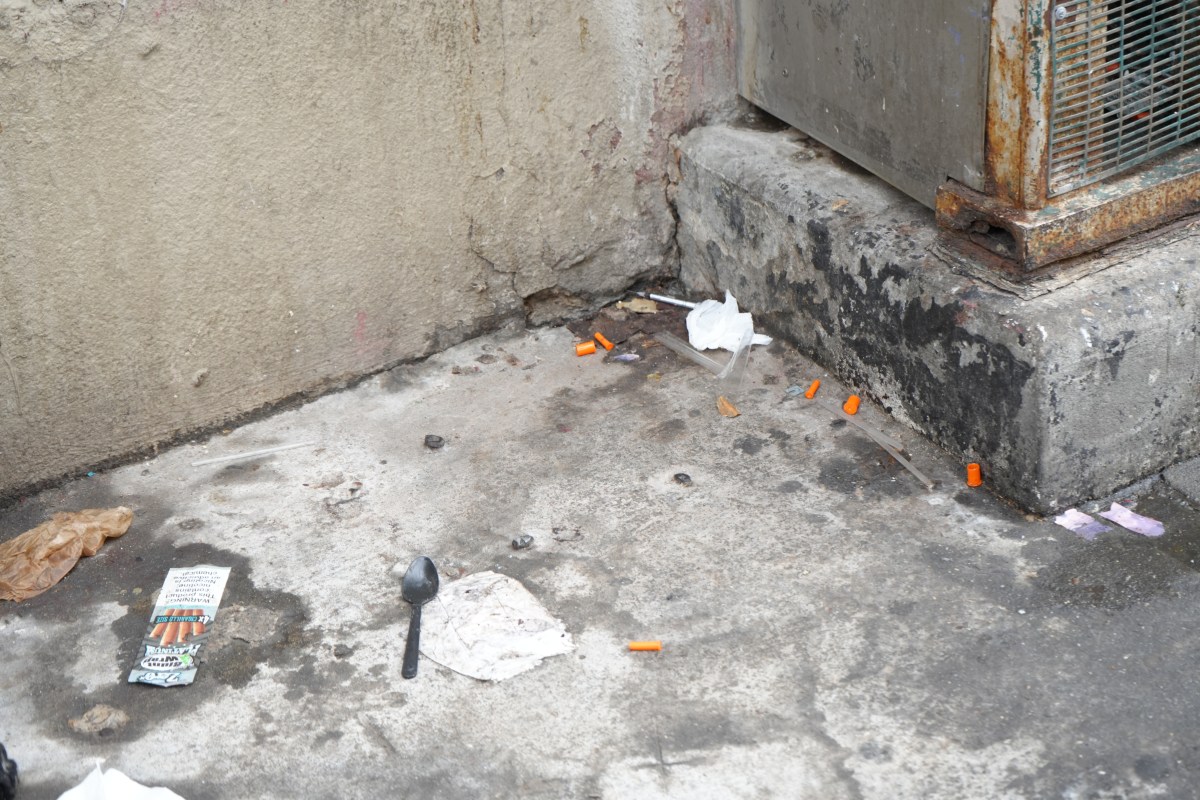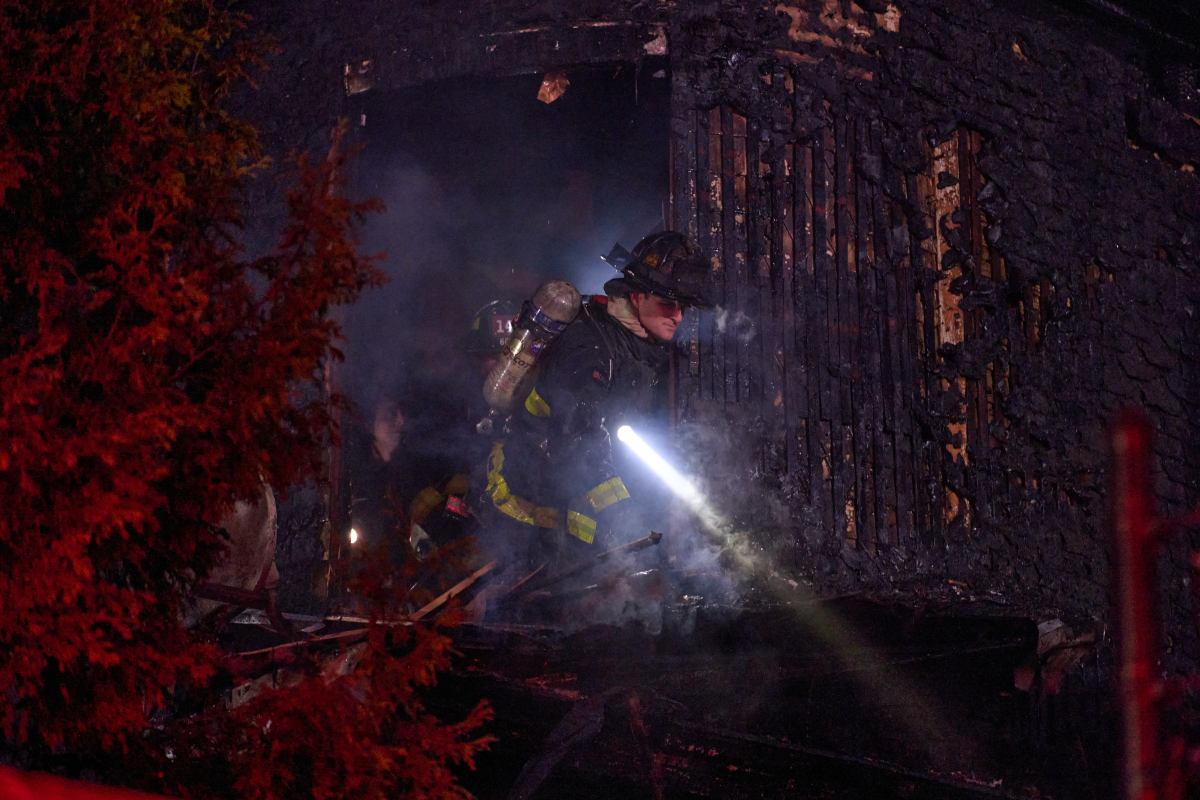Emergency Management Commissioner Zach Iscol forcefully pushed back Wednesday on a City Council bill that would apply right-to-shelter standards for emergency housing opened to accommodate tens of thousands of migrants over the past year.
The bill comes nearly a month after the administration filed a court motion asking a judge to relieve the city of its right-to-shelter obligations — which require it to offer shelter to anyone seeking it — when it “lacks the resources and capacity” to abide by them.
The legislation would impose minimum criteria by which emergency congregate shelters set up to house migrants, including large scale facilities referred to as Humanitarian Emergency Response and Relief Centers (HERRCs) and smaller similar shelters, would have to abide by. So far, those facilities, set up to accommodate over 78,700 migrants who’ve arrived here since last spring, have not had to follow those standards.
But during a council hearing on June 21, examining the legislation and a package of several related bills, Iscol voiced clear opposition to the measure when asked by Council Member Shahana Hanif (D-Brooklyn) to give his opinion on it in a heated exchange.
“I think it’s performatory at best, I think it’s dangerous at worst,” Iscol said of the bill.
“I wish we could wave some sort of legislative magic wand to generate three feet of space between cots, to make sure that we have 15 showers and 10 toilets for every individual. But that’s not the nature of emergencies,” he added. “We have to operate in the real world and this would remove the flexibility we need to respond.”
The requirements under the right-to-shelter law, applied to Department of Homeless Services (DHS) shelters, include beds being spaced at least three-feet apart, the provision of secure storage lockers, access to working showers for every fifteen people and toilets for every 10 individuals.
It’s unclear, however, if the bill would apply to the administration’s recently established so-called “respite centers” because it was first introduced in March, before the “waiting room” like facilities were rolled out last month. But they could potentially be included as the bills are still being negotiated.
Mayor Eric Adams and top administration officials have argued the decades old right-to-shelter mandate, which was established through the 1984 Callahan v. Carey consent decree, has restricted its ability to quickly respond to the migrant influx. The mayor’s office ostensibly established the HERRCs and emergency shelters as a way to circumvent the consent decree and later filed the legal motion to alter it.
The legislative package comes in response to several reports over the past year, especially over the last month, that conditions in some of the emergency facilities — particularly respite centers — are substandard compared to the city shelters because they don’t have to follow right-to-shelter rules. For instance, there were reports over the past four weeks that some respite centers don’t have showers on site.
“There’s been a lot of concern about the HERRCs, what they mean, what they look like,” said Deputy Council Speaker Diana Ayala, who chairs the council’s Committee on General Welfare. “I am not 100% sure that I love the idea of having a separate system independent of DHS.”
Another bill in the package would stipulate the administration notify migrant individuals and families staying in emergency shelters they have the right to be housed in DHS facilities if they so choose. But Iscol expressed doubts about that proposal as well.
“I think this bill is also at odds with the reality of where we are,” he said. “The passage will not change the fact that our shelters are full, the simple fact that they’re just not available.”
Furthermore, the NYSEM commissioner said, if passed, both bills could be “subject to suspension.” Iscol said that means in the case of a city emergency, like the migrant crisis, the mayor would likely issue an emergency declaration suspending the law, “so that we could flexibly respond and meet the needs of New Yorkers.”
Hanif hit back, saying “I respectfully disagree” with Iscol’s assessment of the legislation and that the administration’s use of HERRCs and emergency shelters is “eroding” the city’s right-to-shelter.
“I think pulling away or eroding our city’s foundation of the right-to-shelter decree can have egregious, egregious consequences that I know this council will fight back against,” Hanif said. “[We will] fight back on any effort to erode the consent decree.”



